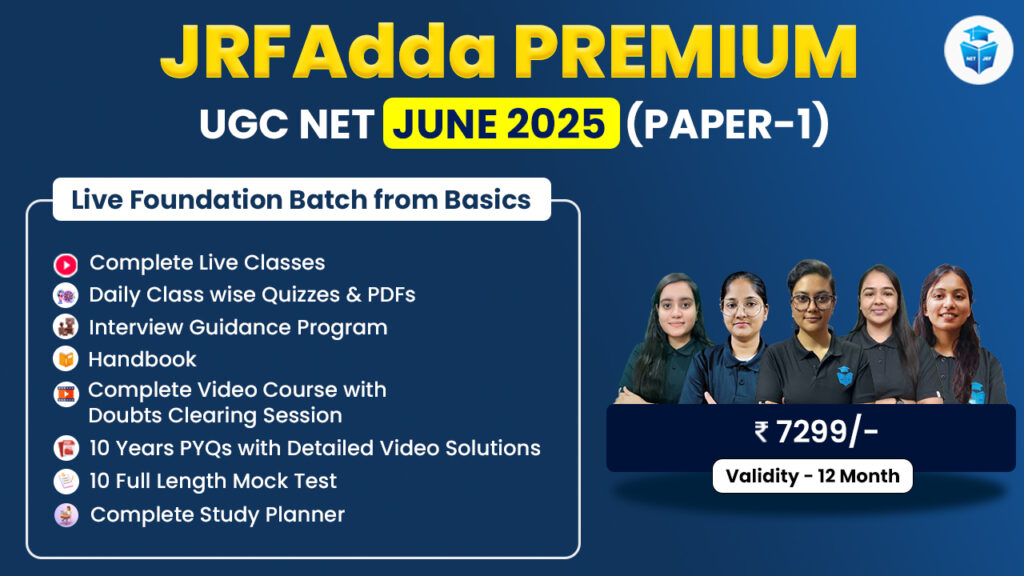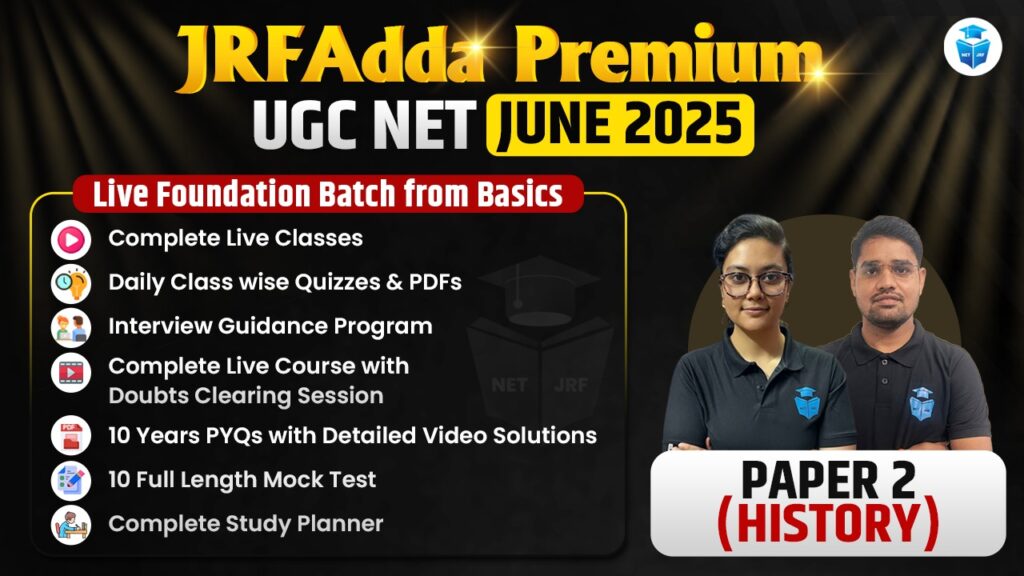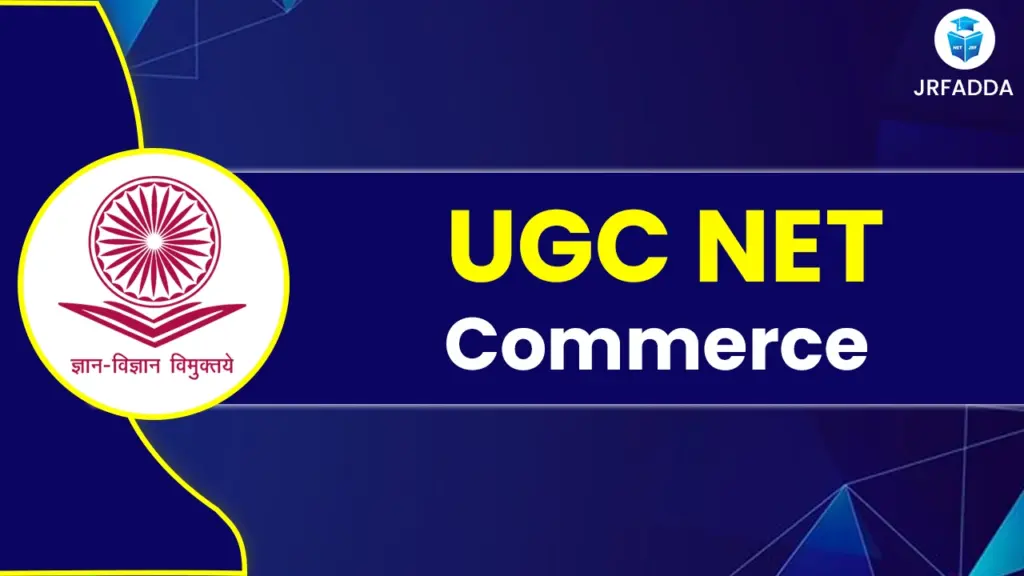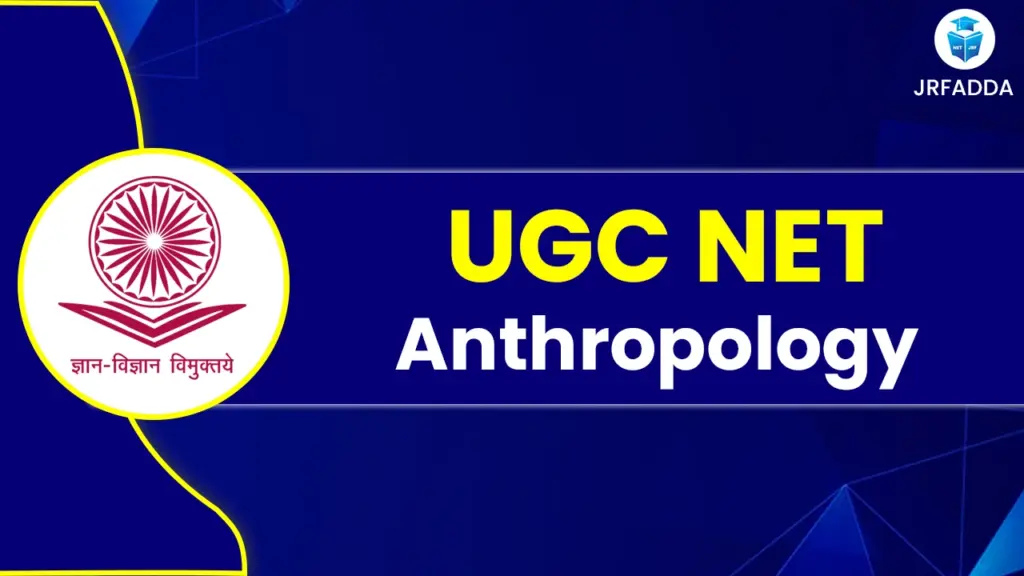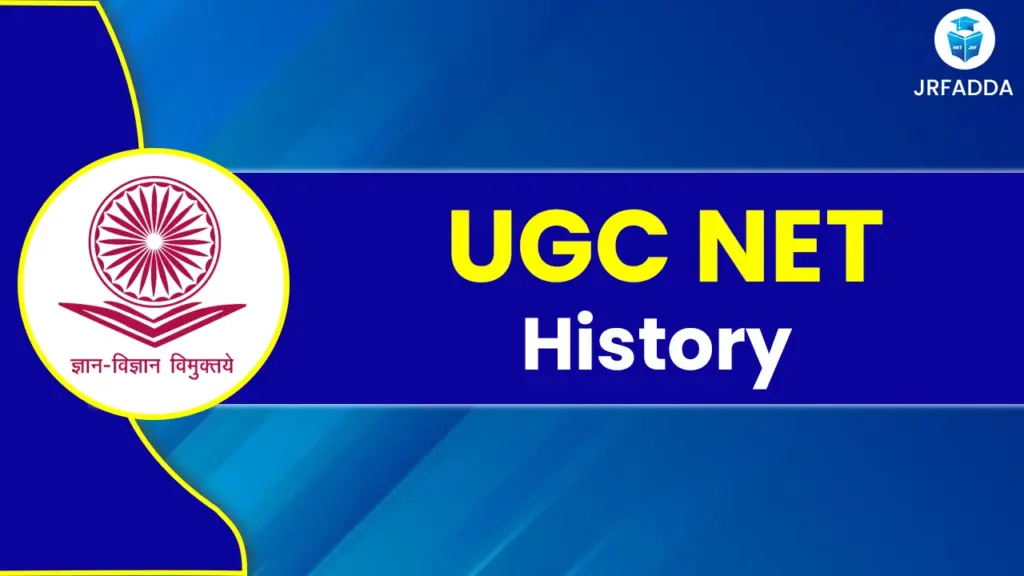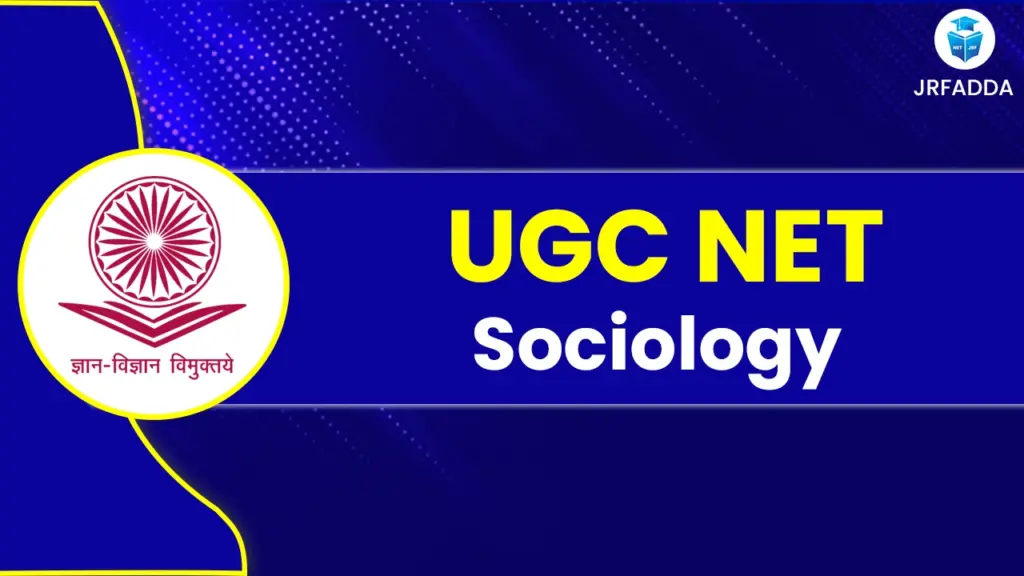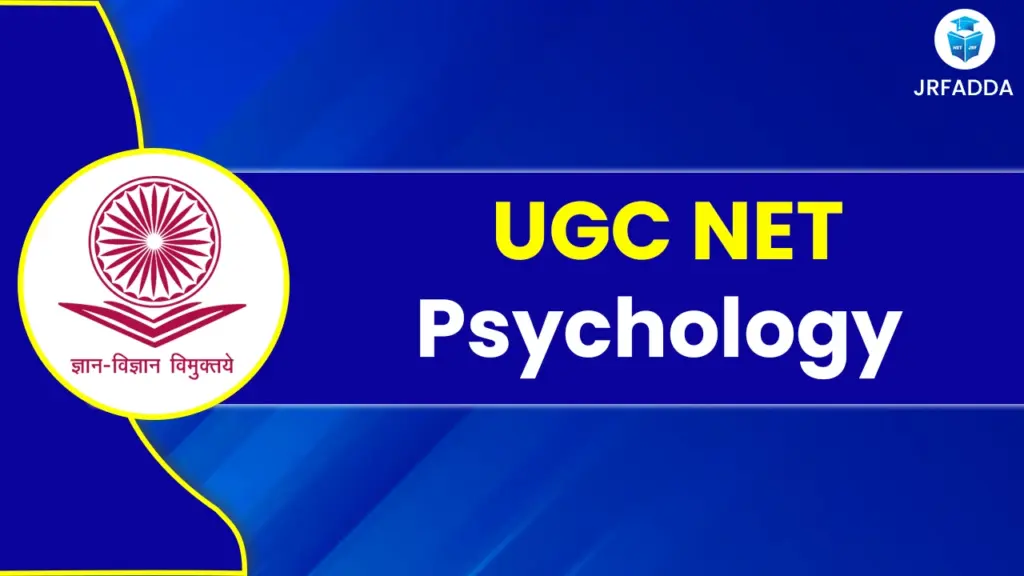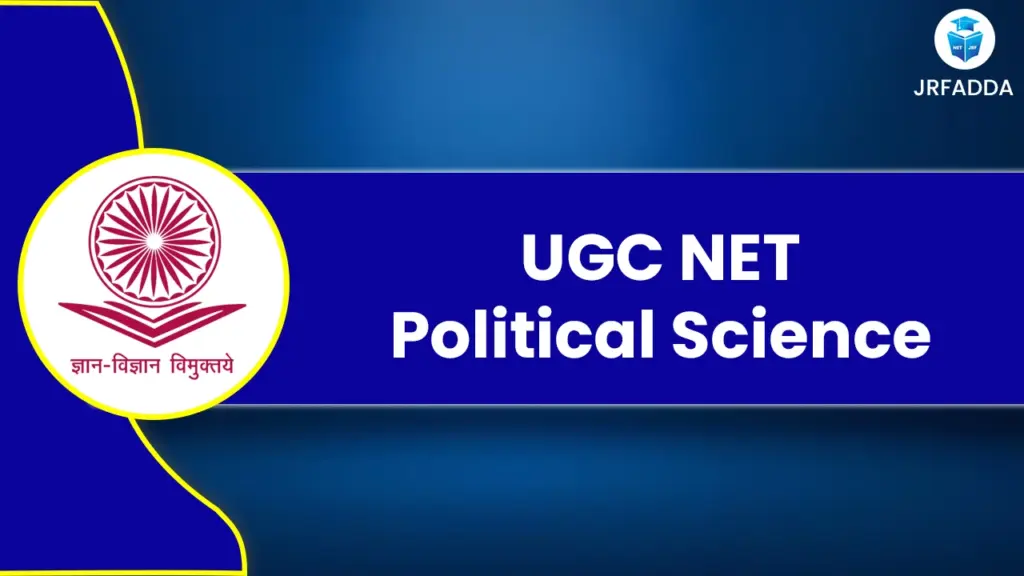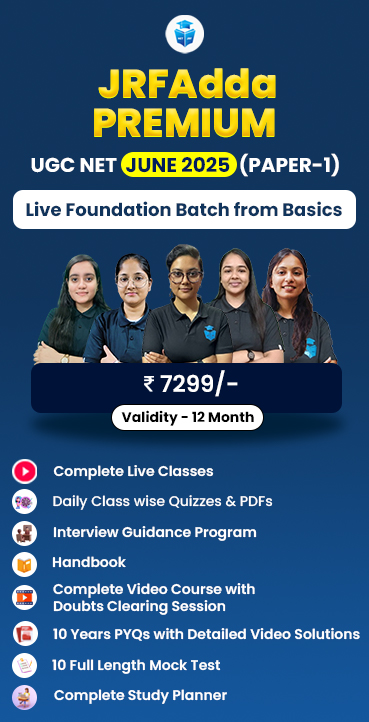The REET 2025 exam organized by the Board of Secondary Education Rajasthan aims to recruit Grade III teachers the Rajasthan Eligibility Examination for Teachers. The selection process is dependent on the written test and qualified candidates will be allocated job location within Rajasthan. Here are the key highlight of REET 2025:
| Name of Exam | Rajasthan Eligibility Examination for Teachers (REET) or Rajasthan Teacher Eligibility Test (RTET) |
| Conducted By | Board of Secondary Education, Rajasthan (RBSE) |
| Exam Level | State |
| Frequency of Exam | Once in a year |
| Number of Papers |
|
| Duration of Exam | 150 Minutes |
| Exam Pattern | Multiple Choice Questions (MCQs) |
| Exam Mode | Offline |
| Language of Exam | English & Hindi |
| Purpose of Exam | To recruit Primary and Upper Primary teachers in Rajasthan Schools |
| Official Website | https://rajeduboard.rajasthan.gov.in/ or https://rsmssb.rajasthan.gov.in |
REET Exam 2025 Notification
The Rajasthan Staff Selection Board (RSMSSB) has released the official REET 2025 notification on December 11,2024. Candidates preparing for REET 2025 exams are advised to regularly check the official website for the up to date information. Aspirants can start their preparation by reviewing the previous year syllabus and exam pattern. Below are the key details for REET 2025 notifications:
| Notification | December 11, 2024 |
| Online Application Process Start Date | December 16, 2024 |
| Last Date to Apply Online | January 15, 2025 |
| Admit Card Release Date | Feb 19, 2025 |
| REET 2025 Exam Date | Feb 27, 2025 |
| Exam Time | Morning: 10:00 AM to 12:30 PM Noon: 3:00 PM to 5:30 PM |
| Answer Key | To be Announced |
| Result Declaration | To be Announced |
Note: Candidates should report 2 hours early to the exam center.
REET Exam 2025 Eligibility Criteria
The REET 2025 Eligibility Criteria focuses on the essential qualifications required for the candidates preparing to become teachers in Rajasthan schools. The exam is conducted by the RSMSSB and is divided into two levels: Level 1 for teaching classes 1 to 5 and Level 2 for teaching classes 6 to 8. Below is the detailed eligibility criteria for REET 2025 exam:
General Eligibility
| Nationality | Indian |
| Domicile | Must be resident of Rajasthan |
| Age Limit | 18-38 years |
| Number of Attempts | No Restriction |
REET Exam 2025 Educational Qualification
- Level 1 for Classes 1-5
- Senior Secondary (or equivalent): At least 50% marks and passed or appearing in the final year of a 2-year Diploma in Elementary Education (D.El.Ed).
- Senior Secondary (or equivalent): At least 45% marks and and passed 2-year Diploma in Elementary Education (D.El.Ed) in accordance with the NCTE (Recognition, Norms and Procedure) Regulation, 2002
- Senior Secondary (or its equivalent) with at least 50% marks and passed or appearing in 4-year Bachelor of Elementary Education (B.El.Ed).
- Senior Secondary (or its equivalent) with at least 50% marks and passed or appearing in 2-year Diploma in Education (Special Education).
- Graduation and two year Diploma in Elementary Education passed or appearing in this course.
- Level II for Classes 6-8
- Graduation and 2-year Diploma in Elementary Education (D.El.Ed) passed or appearing in this course.
- At least 50% marks either in Graduation or post Graduation and B.Ed. passed or appearing in Bachelor in Education (B.Ed).
- Graduation with at least 45% marks and 1-year B.Ed. passed, in accordance with the NCTE (Recognition, Norms and Procedure) Regulations issued from time to time in this regard.
- Senior Secondary (or its equivalent) with at least 50% marks and passed or appearing in 4-year Bachelor in Elementary Education (B.El.Ed).
- Senior Secondary (or its equivalent) with at least 50% marks and passed or appearing in 4-year B.A. /B.Sc.Ed. or B.A.Ed./B.Sc.Ed.
- Graduation or post Graduation with at least 50% marks and B.Ed. (Special Education) passed or appearing in B.Ed (Special Education)
REET Exam 2025 Importance Notes
- Candidates appearing in their final year of qualifying examinations are eligible to apply provisionally.
- Final eligibility will be subject to document verification during the selection process.
REET Exam 2025 Documents Required
- Education qualification marksheets and certificates
- Domicile certificate (if applicable).
- Caste or category certificate (if claiming reservation).
- Government-issued photo ID proof.
REET Exam 2025 Vacancy Detail
As the REET 2025 notification has been released on 11 December 2025. Qualifying this exam will make candidates eligible for positions available in government schools then candidates also have to focus on interviews to secure a position. Candidates who are not able to qualify for an interview can use their REET certificate for applying in private schools.
REET Exam 2025 Application Form
The REET 2025 Application Form is an essential step for the aspiring students who want to appear in the Rajasthan Eligibility Examination for Teachers. The application form correction window is released from 17 January to 19 January 2025 while the application forms were released on 16 December 2024. Steps to apply for the REET exam is given below:
REET Registration Process
Step 1: Visit the official website: https://rajeduboard.rajasthan.gov.in/ or https://rsmssb.rajasthan.gov.in
Step 2: On the homepage search for REET Exam 2025 registration link and click on it to start the registration process
Step 3: Enter the basic details such as name, phone number, aadhar card number etc.
Step 4: Submit these details to get a unique ID and password.
After the completion of registration process candidates need to fill up the application form for the REET exam:
Step 1: Login with the login credentials like “Registration ID” and “Password” on the official website.
Step 2: Fill in the personal, educational, and professional details such as Academic qualifications, Address details etc.
Step 3: Upload required documents such as Recent passport-sized photograph, scanned signature and Educational certificates and ID proof
REET Application Fee
As the notification has not been released yet so according to previous year the RET application fee is mentioned below:
| Level | Fees |
| Level I | Rs. 550 |
| Level II | Rs. 550 |
| Both | Rs. 750 |
REET Exam 2025 Syllabus
The REET 2025 syllabus is designed to assess the knowledge and teaching abilities of candidates preparing to become teachers in Rajasthan. This exam is divided into two papers: Paper I for teaching classes 1 to 5 and Paper II for teaching classes 6 to 8. The syllabus consists of subjects such as Child Development, Language, Mathematics, Science, and Social Studies that focuses on both content knowledge and pedagogical skills. Candidates should have thorough knowledge about the syllabus to ensure strategic preparation for the exam.
REET Level 1 (Primary level I-V) Syllabus
The REET Paper 1 syllabus is designed for classes 1 to 5 providing detailed understanding of child development, language skills, mathematics and environmental awareness. By mastering these areas candidates will be well equipped to guide young learners on their career path. Below is the detailed syllabus:
Child Development & Pedagogy
- Concept of growth and development
- Principles and factors affecting development and its relationship with learning
- Role of Heredity and Environment
- Meaning and Concept of learning and its processes
- Factors Affecting learning theories of learning and its implications
- How children learn: Learning process, Reflection, Imagination, and Argument
- Motivation and Implications for Learning
- Individual Differences- Meaning, Types, and Factors Affecting Individual Differences
- Personality- Concept and types of personality, factors responsible for shaping it, and Its measurement
- Intelligence:- Concept, Theories, and its measurement.
- Multidimensional Intelligence and Its Implication.
- Understanding diverse learners
- Learning Difficulties
- Adjustment- Concept and ways of adjustment.
- Role of teacher in the adjustment
- Meaning and purposes of Assessment, Measurement, and Evaluation.
- Comprehensive and Continuous Evaluation
- Learning outcomes Action Research
- Right to Education Act 2009
Mathematics
- Whole numbers up to one crore, Place Value, Comparison
- Fundamental mathematical operations: Addition, Subtraction, Multiplication and Division, Indian Currency.
- Concept of fractions, proper fractions, comparison of proper fractions of the same denominator, mixed fractions, comparison of proper fractions of unequal denominators, and Addition and Subtraction of fractions.
- Prime and composite numbers, Prime factors, Lowest Common Multiple (LCM), and Highest Common Factor (HCF).
- Unitary law, Average, Profit – Loss, simple interest
- Plane and curved surfaces, plane, and solid geometric figures, properties of plane geometrical figures, point, line, ray, line segment
- Angle and their types
- Length, Weight, Capacity, Time, Measurement of area and their standard units and the relation between them
- Area and perimeter of plane surfaces of square and rectangular objects.
- Nature of Mathematics/Logical Thinking
- Place of Mathematics in Curriculum
- Language of Mathematics
- Data Management
- Evaluation through formal and informal methods
- Problems of Teaching
- Error analysis and related aspects of learning and teaching
- Diagnostic and Remedial Teaching
- Vedic Maths
Environmental Studies
- Family – Personal relationships, nuclear and joint families, social abuses (child marriage, dowry system, child labor, theft); addiction (intoxication, smoking) and its personal, social, and economic bad effects.
- Clothes and Habitats – Clothes for different seasons; maintenance of clothes at home; handloom and power loom; habitats of living beings, various types of houses; cleanliness of houses and neighboring areas; Different types of materials for building houses.
- Profession – Profession of your surroundings (stitching clothes, gardening, farming, animal rearing, vegetable vendor, etc.), small and cottage industries; major industries of Rajasthan State, Need for consumer protection, co-operative societies.
- Public places and Institutions – Public places like schools, hospitals, post offices, bus stands, and railway stations; Public property (street lights, roads, bus, train, public buildings, etc.); wastage of electricity and water; employment policies; general information about Panchayat, legislative assembly, and parliament.
- Our Culture and Civilization and Pride – Fairs and festivals of Rajasthan, National festivals, Dresses, and ornaments of Rajasthan, food habits, architecture, fort, places, painting and art and craft of Rajasthan; Tourist places of Rajasthan; Great personalities of Rajasthan, Proverb of Maharana Pratap, Mahatma Gandhi
- Transport and Communication – Means of transport and communication; Rules for pedestrians and transport, traffic symbols, Effects of means of communication on the lifestyle.
- Personal Hygiene – External parts of our body and their cleanliness, general information about the internal parts of the body; Balanced diet and its importance; Common diseases (gastroenteritis, amoebiasis, methemoglobin, anemia, fluorosis, malaria, dengue.) their causes and methods of prevention: Pulse Polio campaign.
- Living Being- Levels of organization of plants and animals, diversity of living organisms, state flower, state tree, state bird, state animal; knowledge of reserve forest and wildlife (national parks, sanctuaries, tiger reserve, world heritage), conservation of species of plants and animals, agriculture species.
- Water – Basic knowledge of water, forests, wetlands, and deserts, different kinds of pollution and pollution control, and Water Properties. Sources, Management.
- Mountaineering – Equipment, Problem, Main women mountaineer of India
- The Earth and Space – Our Solar Systems, Indian Astronauts
- Concept and Scope of Environment Studies
- Significance of Environment Studies, Integrated Environment Studies
- Environmental Studies & Environmental Education Learning Principles
Hindi Language
- Synonyms, Antonyms, One-word Substitutes, Meaning of Words, Word Purity
- Prefix, Suffix, Sandhi, and Compounds
- Nouns, Pronouns, Adjectives, Indeclinables
- Clarification of the meanings of underlined words
- Identification of Number, Tense, and Gender
- Changing the Number, Tense, and Gender of given words
- Sentence Construction, Sentence Parts, Sentence Types, Phrases, Idioms, and Punctuation Marks
- Approaches to language teaching
- Development of language proficiency
- Development of language skills (Listening, Speaking, Reading, Writing)
- Challenges in Hindi language teaching
- Teaching-learning materials, textbooks, multimedia, and other resources
- Language teaching assessment, construction of achievement tests, comprehensive and continuous assessment, and remedial teaching
- General Knowledge of Rajasthani Language and Literature
English Language
- Unseen Prose Passage: Linking Devices, Subject-Verb Concord, Inferences
- Unseen Poem: Identification of Alliteration, Simile, Metaphor Personification, Assonance, Rhyme
- Modal Auxiliaries, Common Idioms, and Phrases, Literary Terms: Elegy, Sonnet, Short Story, Drama
- Basic knowledge of English Sounds and symbols
- Principles of Teaching English, Communicative Approach to English Language Teaching, Challenges of Teaching English: Language Difficulties, Role of home language, multilingualism
- Methods of Evaluation, Remedial Teaching
REET Level 2 (Upper Primary level VI-VIII) Syllabus
The REET Level 2 syllabus covers a comprehensive range designed to prepare candidates for teaching grade for classes 6 to 8. The syllabus for Child development, Hindi language, English language, Mathematics are same so the detailed syllabus for science and social studies is mentioned below:
Science
- Living & Non-Living: Introduction, Differences, and Characteristics
- Micro-organisms: Bacteria, viruses, fungi (Beneficial & Harmful)
- Living Being: different types and parts of plants, nutrition in plants, respiration and excretion, plant cell and animal cell- their structure and Function, Cell Division
- Human body and health: Diseases spread by micro-organisms, (tuberculosis, measles, diphtheria, cholera, typhoid); prevention from diseases; different systems of the human body; infectious diseases (reasons of spreading and prevention); Sources of Food, Major components of food and diseases developed due to their deficiency; Balanced diet;
- Animal Reproduction and Adolescence: Methods of Reproduction; Sexual and asexual. Adolescence and puberty: Changes in the body, the role of hormones in reproductions, Reproductive health
- Mechanics: Force and Motion, Types of forces- (muscular force, frictional force, gravitational force, magnetic force, electrostatic force), Pressure, Types of motion (linear, zigzag, circular, vibrating, periodic) speed. Atmospheric Pressure Buoyancy force, work, and energy, traditional and alternative sources of energy, energy conservation
- Heat and Temperature: Heat and Temperature mean, thermometers, Heat Transmission (conduction, convection, and radiation).
- Light & Sound: Sources of light, the reflection of light, Spherical mirrors, Image formation by plane and Spherical Mirrors, Refraction of Light, Lenses and Image formation by Lenses, Sound, Characteristics of sound, Sound propagation, and sound pollution.
- Electricity and magnetism: Electric Current, Electric Circuit, Heating, magnetic and Chemical effects of current, magnet and magnetism.
- Science and Technology: Importance of science in daily life; Synthetic Fibers & Plastics-Types and characteristics of synthetic fibers. Plastic and its properties, Plastic and environment, detergents, cement, etc.; Science and Technology in the medical field (X-ray, C.T. Scan, Surgery, Ultrasound, and LASER): In the field of Telecommunication – general information about the fax machine, computer, internet, e-mail, and website.
- Structure of Matter: Atom and molecule; structure of the atom; element, compound, and mixture; separation of impurities of substances; symbols of elements, chemical formulae of compounds and chemical equations, physical and chemical change.
- Chemical Substances: Oxides, greenhouse effect and global warming, Hydrocarbon (Introductory knowledge), Acid, Alkali and Salt, Oxygen gas, Nitrogen gas, and nitrogen cycle, Coal, Petroleum, and natural gas
- Natural Science: Aims & objectives, Natural resources, Environment, Pollution and Control, Biodiversity, adaptation, waste management.
- Agriculture Management: Agriculture Practices, Major crops are grown in Rajasthan
- Energy: Traditional and alternative sources of energy and energy conservation
- Natural Phenomenon: Lighting and Earthquake
- Conservation of Plants and Animals: Deforestation, Greenhouse Effects, and Global Warming, Endangered Species, Wildlife Sanctuaries and National Parks
Social Studies
- Ancient India: Indus Valley Civilization, Vedic Culture, Jainism and Buddhism, Mahajanapadas
- Medieval India: Bhakti and Sufi Movements, Mughal Empire, Mughal-Rajput relations, British rule in India, Revolt of 1857
- Modern India: Indian National Movement, Indian Constitution, Fundamental Rights and Duties, Social reforms, Partition of India
- Rajasthan History and Culture: Ancient civilizations of Rajasthan, Freedom struggle in Rajasthan, Integration of Rajasthan, Forts, Palaces, Fairs, Festivals, Folk arts, Handicrafts, Rajasthani Literature
- Geography of India: Physical features, climate, rivers, natural resources, agriculture, industries, population distribution
- Geography of Rajasthan: Physical regions, water conservation, agriculture crops, minerals, energy resources, transport
- Government and Politics: Indian Constitution, Parliament, President, Prime Minister, State Government, Panchayati Raj, Urban Local Bodies
- Pedagogical Issues: Concepts and nature of Social Studies, Classroom processes, activities, critical thinking development, evaluation methods in Social Studies teaching
REET Exam 2025 Exam Pattern
The REET Level 1 paper is planned for students aspiring to teach at the primary level. It consists of 150 questions with one mark for each correct answer and no negative marking. Candidates are given 2 hours 30 minutes to complete the exam.
REET Level 1 (Primary level I-V)
This paper is divided into five sections: Child Development and Pedagogy, Language I (compulsory), Language II (compulsory), Mathematics, and Environmental Studies, with each section containing 30 questions worth 30 marks. This detailed exam structure is mentioned below:
| Subjects | Number of Questions | Marks |
| Child Development & Pedagogy | 30 | 30 |
| Language 1 | 30 | 30 |
| Language 2 | 30 | 30 |
| Mathematics | 30 | 30 |
| Environmental Studies | 30 | 30 |
| Total | 150 | 150 |
REET Level 2 (Primary Classes VI-VIII)
This exam level is divided into sections that includes Child Development and Pedagogy, Language I, and Language II, with each section containing 30 questions worth 30 marks. Candidates are required to choose between two options: Mathematics & Science or Social Studies & Social Science and each section comprises 60 questions, contributing 60 marks to the total score. This detailed exam structure is mentioned below:
| Subjects | Number of Questions | Marks |
| Child Development & Pedagogy | 30 | 30 |
| Language 1 | 30 | 30 |
| Language 2 | 30 | 30 |
| Mathematics & Science or Social Studies & Social Science | 60 | 60 |
| Total | 150 | 150 |
REET Exam 2025 Admit Card
The REET 2025 Admit Card is an important document for candidates who want to appear in the Rajasthan Eligibility Examination for Teachers. This document has proof of registration and provides all important details about the exam center, date, and time. Candidates can download their admit card from the official website from 19th February 2025 starting from 4:00 PM and should carry a printed copy to the examination center.
Steps to download REET 2025 Admit Card
- Visit the official website: https://rajeduboard.rajasthan.gov.in/
- Click on the Admit Card Download link
- Enter the login details such as ID & Password
- Download the REET 2025 admit card
- Take a printout
REET Exam 2025 Preparation Tips
The candidates who want to appear for the REET exam must have well-planned strategy preparation techniques and deep understanding of the syllabus to score minimum marks in the exam. The REET 2025 preparation tips for the students to enhance your preparation are given below:
- Understand the exam pattern & syllabus
- Devote specific time slots to each subject daily
- Include time for mock tests
- Refer to study materials
- Refer preparation guides such as Arihant or Disha publications for REET-specific content
- Solve previous years’ question papers to understand the question trends and difficulty level
- Read grammar books for your chosen languages (Hindi, English, Sanskrit, or Urdu)
- Practice writing essays and answering comprehension passages
- Focus on teaching methods, learning theories, and classroom management techniques mentioned in the syllabus
- Regularly revise concepts and key points from each subject
REET Exam 2025 Answer Key
The REET answer key is an essential resource for the candidates to estimate their score by cross checking their answers. This provides transparency in the evaluation process and helps candidates to identify their strengths and weaknesses. As the notification for REET 2025 has been released on 11th December 2024 so there are chances REET Exam 2025 answer key will be released within a month of the exam conduction.
Steps to download REET Answer Key:
Step 1: Go to the official website: https://rajeduboard.rajasthan.gov.in/
Step 2: On the homepage, click on the “REET Answer Key” link for Level 1 or Level 2
Step 3: Select the question paper set (A, B, C, or D)
Step 4: Answer key will be shown in PDF format
REET Exam 2025 Result
The REET 2025 Results will be announced after the release of the REET 2025 answer key. Candidates can check their results on the official website of the Rajasthan Examination Board. The result will show whether a candidate has qualified for a teaching job by scoring the required cutoff marks.
To qualify the exam, candidates must achieve the minimum cutoff marks, as specified by the board. Below is a cutoff marks according to previous year to help you estimate the benchmark for this year:
| Category | Minimum Qualifying Marks |
| General | 60% |
| OBC/SC/ST/EWS | 55% |
| PWD | 50% |
REET Exam 2025 FAQs
There is no specific age limit declared to appear for REET 2025.
The REET 2025 is an offline OMR based examination.
As per previous year trends there is no negative marking in the REET exam.
There is no restriction for the candidates to apply for the REET exam.
The result is based on the marks obtained by candidates in the REET exam. There is no negative marking as per the previous year trends, and the cutoff marks depend on the category of the candidate.



